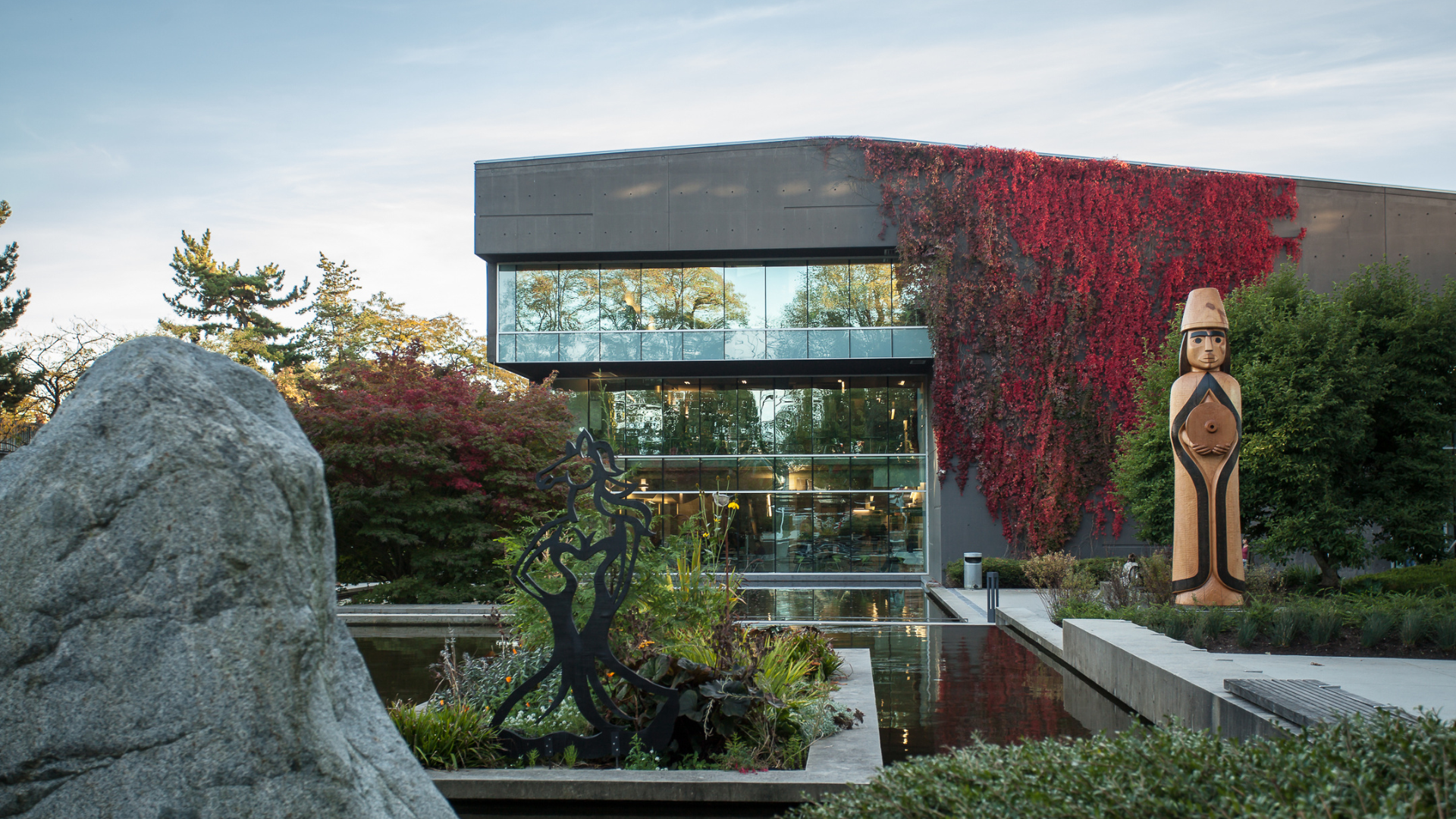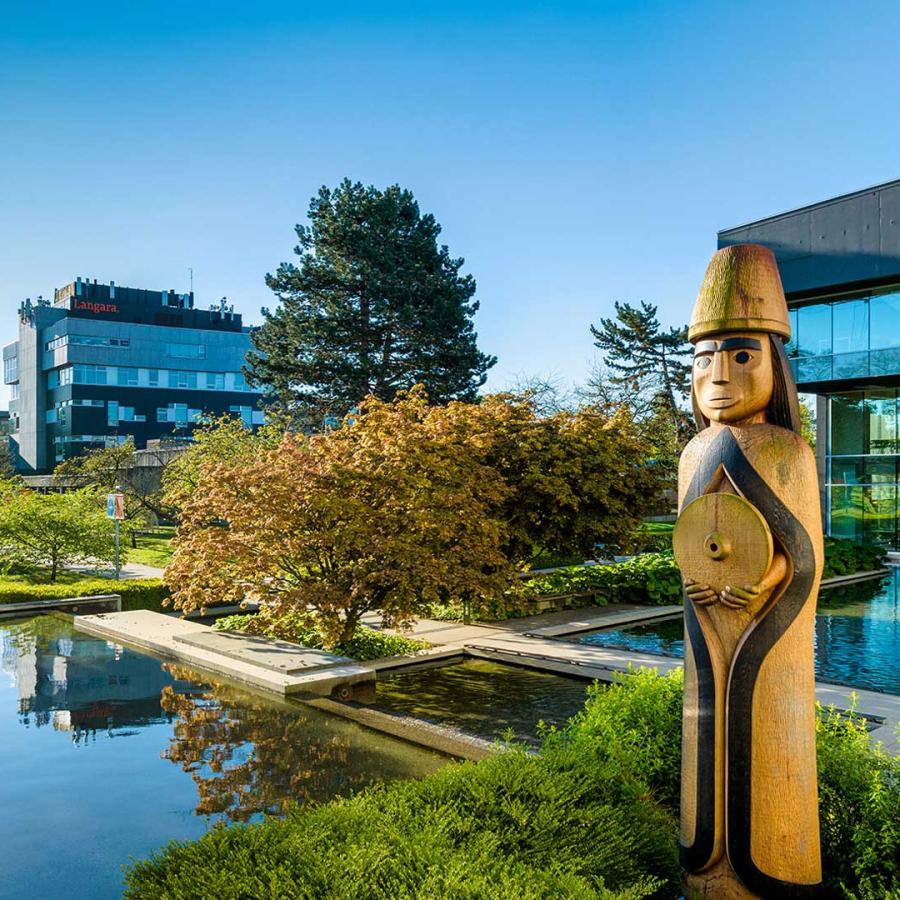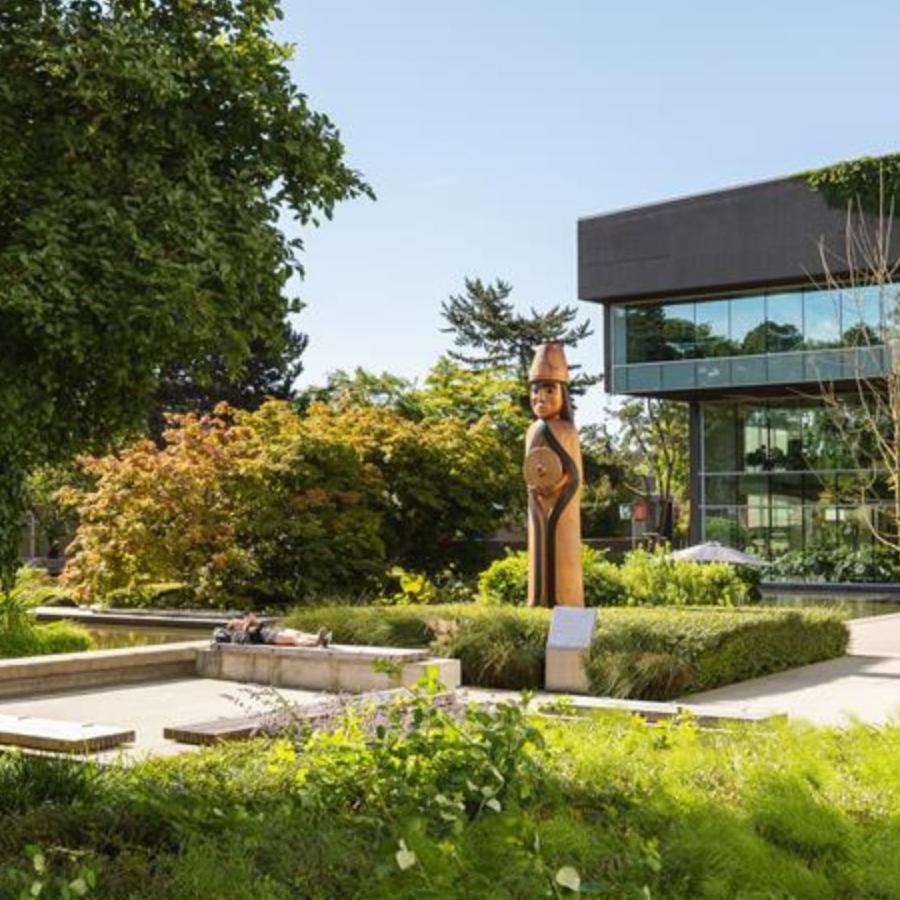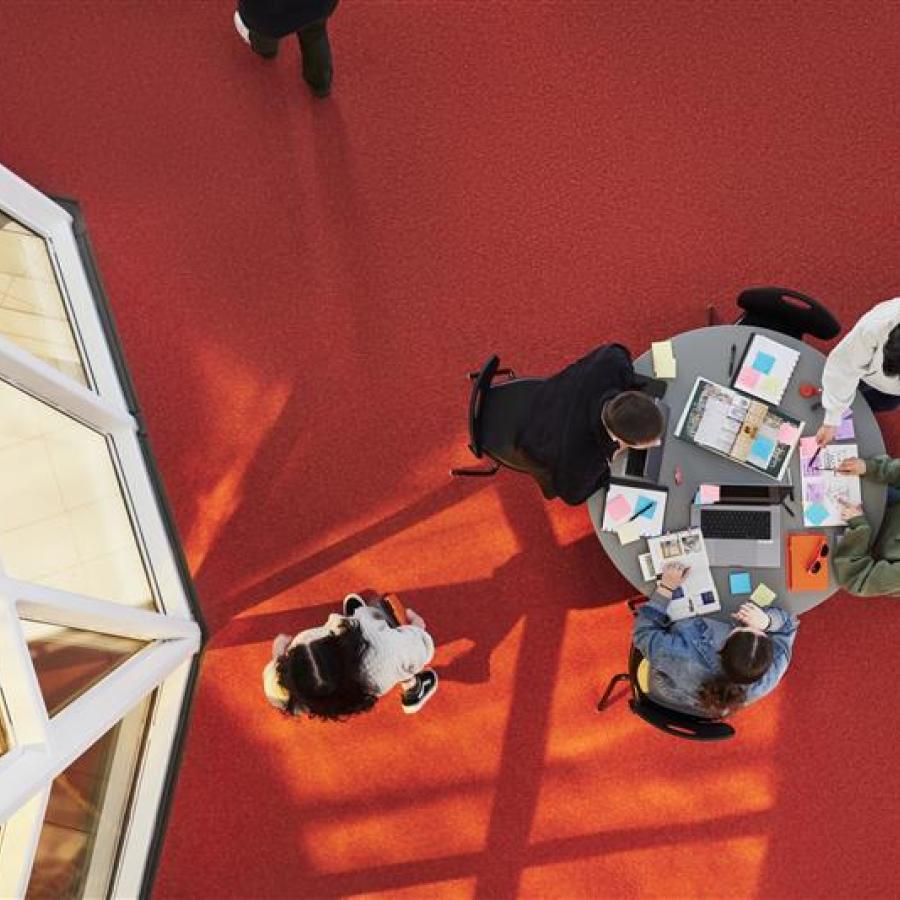Langara College has been awarded a $355,000 research grant to support a groundbreaking three-year project aimed at exploring the participation of racialized and immigrant communities in public recreation services in British Columbia. This important research seeks to investigate the obstacles these communities face in accessing these services, and create initiatives alongside municipal staff to improve access and social integration.
“Enhanced access to public recreation for these communities could lead to better community integration, stronger community bonds, increased sense of belonging, and greater social cohesion,” said lead researcher and Department of Recreation Studies Chair Yue-Ching Cheng.
Key Objectives of the Research include:
- understanding if and how immigrant and racialized communities' views on recreation differ from those of Canadian-born public recreation users
- identifying barriers to accessing public recreation for these communities
- establishing a sustainable, co-creative process for developing public recreation initiatives that strengthens the community
“We’re hoping that our research will help to create a framework or tools that can help municipal staff work with and empower all under-represented groups in their communities,” Cheng explained.
Four community partners will be involved in the study and provide resources to the project over the next three years. They include the City of Burnaby, the City of Courtenay, the B.C. Recreation and Parks Association and the South Asian Community Hub.
“As one of the most diverse communities in Canada, it is essential that we ensure that City services and programs are accessible and welcoming to folks from all walks of life,” said Burnaby Mayor Mike Hurley, “We’re proud to be at the forefront of this important initiative, and we’re looking forward to seeing the results and recommendations that result from this study.”
“Our community is growing, and this means our residents’ needs are evolving, too. This project will help Courtenay Recreation understand the barriers that immigrant and racialized community members may face when accessing recreation programs and services,” said City of Courtenay Mayor Bob Wells, “We are committed to inclusion and want everyone to feel welcome in our facilities. Our team will be sharing what we learn with other Comox Valley local governments, so this project will benefit the wider region as well.”
“Working to look at ways to enable community connection and belonging through serving people we aren’t currently serving or are underserving is a priority within our strategic plan, and across the municipalities we represent.”, said Katie Fenn, BC Recreation and Parks Association CEO.
A number of employment opportunities will also be created for Langara student researchers involved in the project. Two students have already been hired for positions on the project team, with additional roles to be filled. Those students will work closely with faculty members, gaining hands-on experience and developing practical skills that will benefit them in future careers.
“The intention of the project is not to come in to find answers and ‘solve the problem’ for communities, it’s to figure out ways to support the work that is already happening in community recreation,” said Cheng.
This project is part of Langara College Applied Research Centre’s (ARC) Social Innovation programme. ARC assists local and regional businesses, not-for-profits, municipalities, and First Nations to solve their most pressing innovation challenges through groundbreaking research initiatives.
Funding for this research originates from the Social Sciences and Humanities Research Council through the College and Community Social Innovation Fund (CCSIF grant).
For more information visit innovaterecreation.ca, or please contact news [at] langara.ca (news[at]langara[dot]ca).





